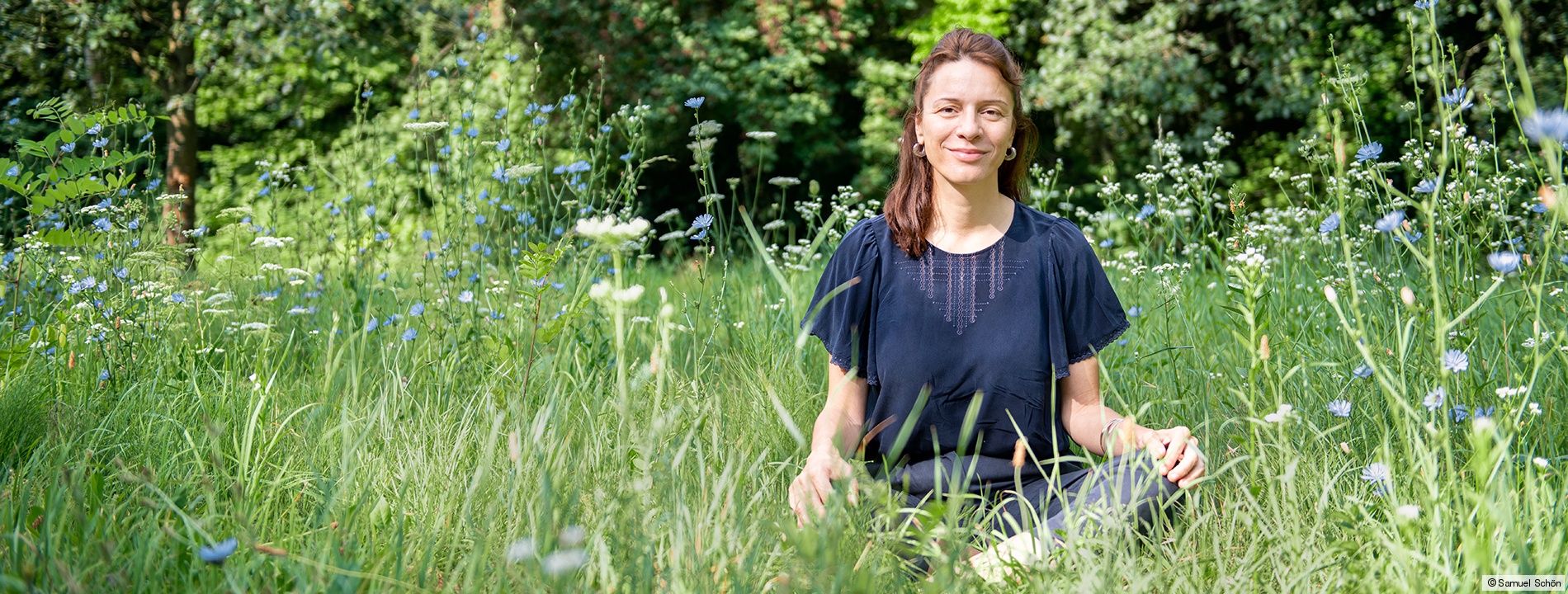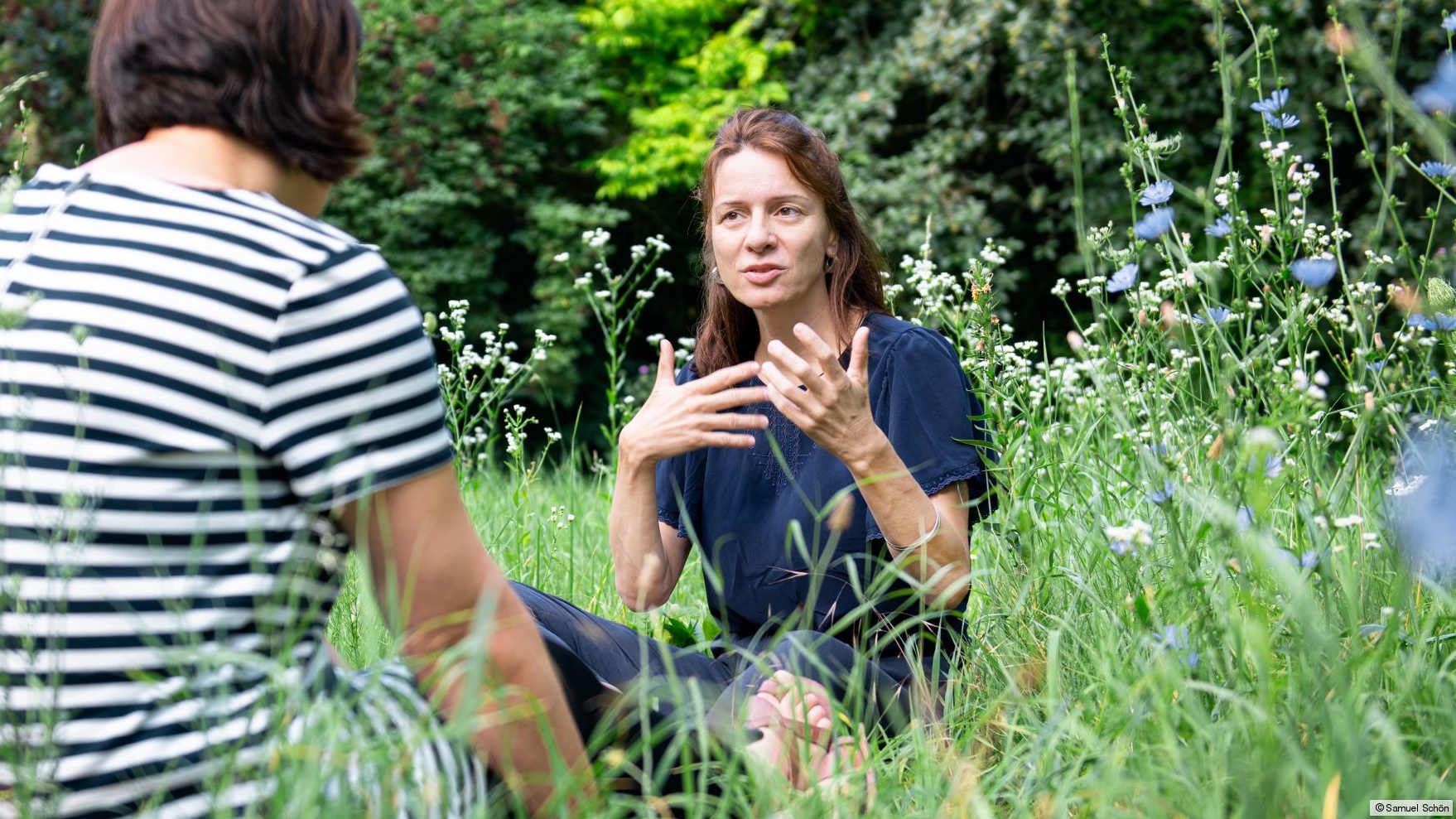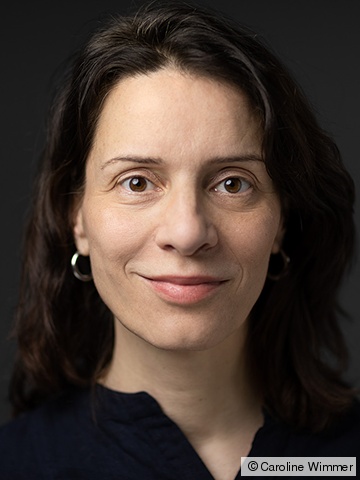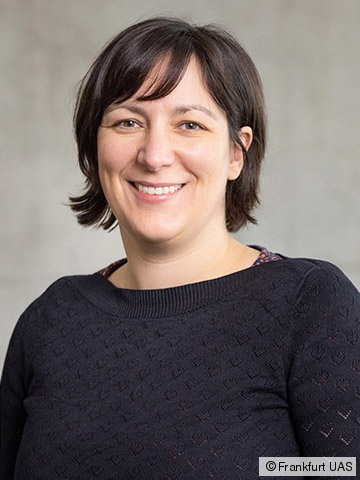The Innovation Project
Prof. Dr. Or promotes the topics of personality development and UAS didactics as part of her innovation professorship. She would like to try out the use of new methods (esp. expressive writing, meditation, connection to nature). Her goal is to develop three interactive e-learning self-learning modules and to make them available in cooperation with the School of Personal Development and Education (ScoPE) and the Office for Sustainability:
- module 1: personal development through personal and social skills (for students)
- module 2: assuming social responsibility (for students)
- module 3: supporting students in their personal development (for teachers)
In Conversation with Prof. Dr. Yari Or
Ms Or, what do you do in your innovation professorship?
We need people who know themselves and reflect on their role in society. Therefore, I would like to develop three interactive self-learning modules that anchor the topics of personality development and social responsibility in university teaching across departments. The first module focuses on the development of competencies such as empathy, self-reflection, self-knowledge. The students deal with their resources, values and goals, but also with their stressors.
In the second module, these insights are expanded in the direction of social responsibility. The students deal with their social position - for example their origin - and the privileges or disadvantages that they bring with them. Young people today are coming of age at a historically challenging time that confronts them with severe global social crises. The question is how, based on their own experience, they can take responsibility and help shape change for a more just world.
The third module is aimed at teachers and supports them in anchoring these topics in their teaching. Social responsibility is not only important in social work, but also in engineering, architecture or business administration. The teachers will deal with the topics of personality development and social responsibility in relation to their own subject and then work specifically to anchor these topics didactically in their teaching. We want to enable young people to know themselves and to take care of themselves and others.
You chose this meadow to represent your innovation project. Why?
Experience of nature strengthens people directly. There they can come to rest, deal with questions of existence and, in times of ecological crisis, allow themselves to think about how things should actually be. Since I work with nature as a method, I have chosen this place in and with nature. I want to show: I am part of nature, we are part of nature, we are connected.
How do you integrate the experience of nature in the self-study course? What would be a specific task?
In the course we will, among other things, go to different places in nature and strengthen and reflect on our self-awareness and our perception of nature. We will use methods like expressive writing and meditation to transfer our experience to our lives and bigger questions. This self-reflection in and with nature has a healing effect and brings a deeper insight into the issues that concern us.
What good contribution can your project make in these critical times?
We want to give students a holistic experience space where they can get to know each other and come in integrity. This experience enables them to actively enter the world, take on social responsibility and help shape change.
Does the project also have a personal meaning for you?
I have been involved in social responsibility, personal development and healing for thirty years. Knowing myself as a human being and acting with integrity has an important meaning in my own biography - as well as the methods I use: nature experience, writing and meditation.
Thank you for the interview!




